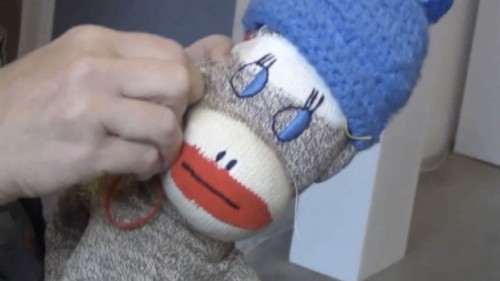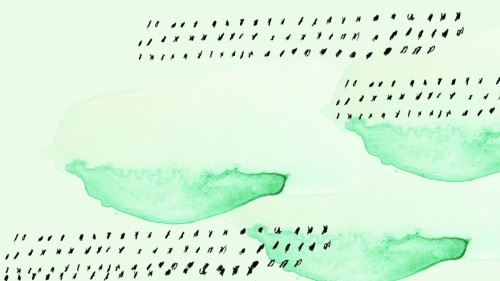Arda Collins & Monica Youn

The title of this reading group takes cue from Angela Mitropoulos’s proposition: “The politics of the household turns on that most materialist of propositions: we are how we live. What forms of attachment, interdependency, and indebtedness are being implemented, funded, obliged or simply and violently enforced; and what tender possibilities are foreclosed?”
In this reading group we will read, explore, and discuss poets and thinkers who open up ways to understand what we need to survive, what we need to make our lives and other ways of life possible. How do our forms and entanglements with others reproduce the world we live in, and in what way might they do something different? Against state managed neglect, violence, and uneven partitioning of care, against the privatized property-owning household as the dominant mode through which life is alleged to freely be reproduced, we will rigorously attend to the backchannels by which life is made possible and made over. The un/der-recognized un/der-compensated work of care manifests in particular and various ways for those whose ‘household’ falls outside the cisheteronormative, white, single-family unit. What forms of belonging emerge, perhaps unexpectedly so? We will explore poetry that illuminates the insidious forces that inhibit our free motion and sense of the possible in how we tend to each other—that attempt to limit who we are, how we can live, and what can constitute a ‘household.’ We will also explore poetry that illuminates networks of kinship, care, and forms of gathering and collectivity that do not center the nuclear family—poetry that disrupts notions of public and private, that prods at the relation between household and empire and asks how we might unsettle belonging?
We will consider writing that foregrounds encounter and relation—from strangers to lovers to comrades, in the street, in the archive, in transience and continuity; queer intimacies and social arrangements beyond assimilation into the nuclear family; poetry of social and sexual publics; poetics of the daily, the extra/ordinary, and the working day; poetry that attends to the minutiae of how we live and what constitutes that living; archival and citational poetics that court critical intimacies.
Readings will include: Renee Gladman, Jeanne Vaccaro, Samuel Delany, S*an D. Henry Smith, Pamela Lu, Maxe Crandall, Akilah Oliver, David Wojnarowicz, Jasmine Gibson, Trish Salah, Anais Duplan, Lou Sullivan, Tiana Reid, Kimberly Alidio, Robert Glück, Adjua Gargi Nzinga Greaves, and Julie Tolentino.




